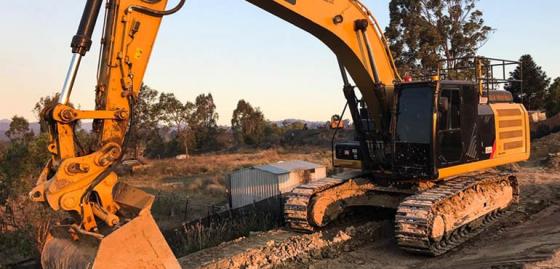
- Home
- Running your business
- Getting paid
- Payment protection laws
Payment protection laws
Payment protection laws are in place to ensure everyone in the building and construction industry gets paid in full, on time, every time.
Payment protection laws under BIF Act—2017
The Building Industry Fairness (Security of Payment) Act 2017 (BIF Act) was introduced in November 2017 as part of wider industry reforms under the Queensland Building Plan.
The BIF Act offers a simplified yet more comprehensive set of payment protection laws to ensure everyone in the building and construction industry get paid “in full, on time, every time”.
There are a number of proactive steps you can take to protect your payment rights including:
- use written contracts
- understand the payment terms agreed to in your contract
- know how to request payment by submitting a payment claim
- understand how to respond to a request for payment and what is a payment schedule
- be aware of your options if you don’t get paid or there is a payment dispute.
Payment protection laws under BIFOLA—2020
To further strengthen the payment protections of the BIF Act, the Building Industry Fairness (Security of Payment) and other Legislation Amendment Act 2020 (BIFOLA) introduces the following important changes to the Queensland building industry:
- new obligation for head contractors to provide a supporting statement with every payment claim to advise of payment status for all subcontractors
- new penalty for head contractors who fail to provide a supporting statement or for providing false or misleading information in a supporting statement
- new penalty for any contractor who responds to a payment claim by giving a payment schedule, but does not pay the amount they agreed to pay in that schedule, by the due date
- if a payment dispute goes to adjudication and a decision is made, the party required to pay must notify the Adjudication Registry when they pay and provide proof of payment
- two new options will be available to contractors to help secure payment of an unpaid adjudicated amount via a payment withholding request or for head contractors, a charge over property.
Read more in:
Always use a written contract
Protect your payment rights by using a commercial subcontract.


